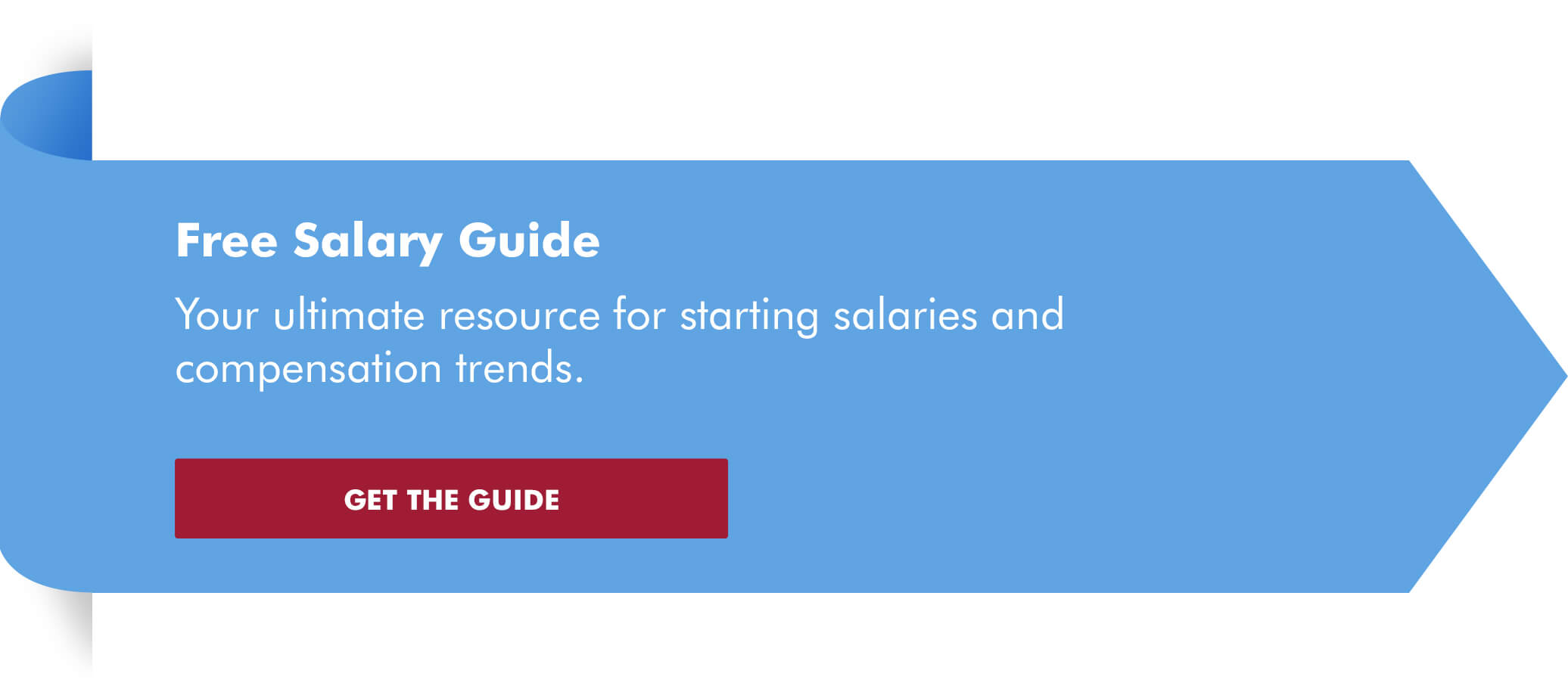The growing popularity of JavaScript has led to an unprecedented demand for those who are experts at the ins and outs of this interpreted programming language. If you’re a JavaScript developer who’s looking for a job, you need to be prepared for specific JavaScript interview questions.
Despite the fact that experienced JavaScript developers are in high demand, interviews are more like an audition these days. Employers hiring JavaScript developers not only want to know what you know, but how you’ll go about solving the task at hand.
The first step is to create an online portfolio with trending elements that utilize JavaScript. The interview may be likened to one big puzzle: Employers may not necessarily ask you to write code during the interview, but they definitely want to see your problem-solving abilities in action.
Mark Passinetti, lead recruiter for Robert Half Technology in Bellevue, WA, said. “We’re seeing more functional interviews that place the candidate in front of a white board, demonstrating how they’d solve a particular problem. Candidates can expect to be front and center as they illustrate their experience and knowledge on the core competencies of JavaScript.”
To prepare yourself for the interview, don’t solely focus on what questions to expect. According to Passinetti, it’s more important to make sure you have a solid understanding of the latest JavaScript trends, so you can be prepared for all types of interview scenarios.
Looking for a developer job?
“JavaScript lends itself very well to self-study,” said Passinetti. “One of the best things candidates can do to prepare for interviews is to get involved with developer communities, such as Stack Overflow and GitHub. Be on the lookout for opportunities to collaborate with other developers online and practice your JavaScript skills and problem-solving abilities.”
In terms of specific JavaScript interview questions, here’s a few you can expect:
1. Please demonstrate that you understand object-oriented design concepts.
It’s critical for JavaScript candidates to show that they know how to write structured code. More employers are asking to see examples of code during the interview.
2. Tell me about your favorite JavaScript frameworks and utilities.
Employers are not too concerned with your preferences here; they mainly want to know that you’re keeping up with the latest JavaScript trends and knowledge. Ideally, they want candidates with broad knowledge of multiple JavaScript frameworks, such as jQuery, Ext JS, YUI and others.
3. How do you organize your JavaScript code?
With this question, employers are trying to get an idea of how the candidate maintains and designs code. For example, do they use the module pattern or class inheritance to build reusable code? This also gives employers insight as to whether they design code that’s specific to an application with no opportunity to reuse.
4. What would you do if your audience had JavaScript turned off?
Companies want to ensure their apps work no matter what the circumstances, so this question allows candidates to illustrate how they’d make certain their code works.
5. What is event bubbling in the DOM?
The goal of this question is to ensure the candidate knows what order events will be propagated in the DOM. This provides an opportunity to discuss event models outside the DOM and look for techniques popularized with different frameworks.
6. How do you debug your JavaScript code?
Firebug and Chrome DevTools are two of the most frequently used, but again, most employers are not too concerned with what tools you use to debug your code. They mainly want to see how you go about solving this issue.
JavaScript candidates who have a solid understanding of specific frameworks – paired with on-the-job experience – will have the best chance at landing a coveted JavaScript role.
Once your online portfolio is developed and you spend time getting entrenched in JavaScript developer online sites, you’re on your way to acing that interview.








